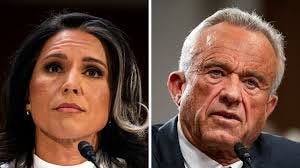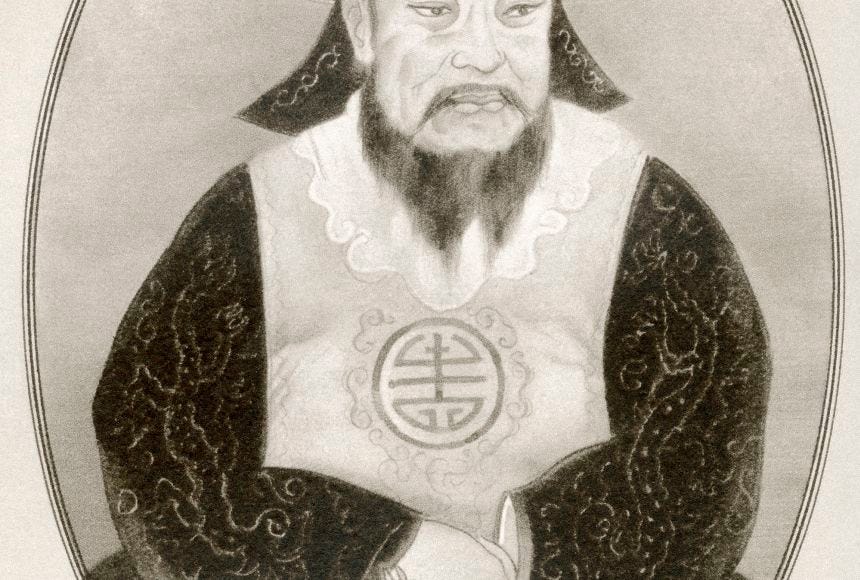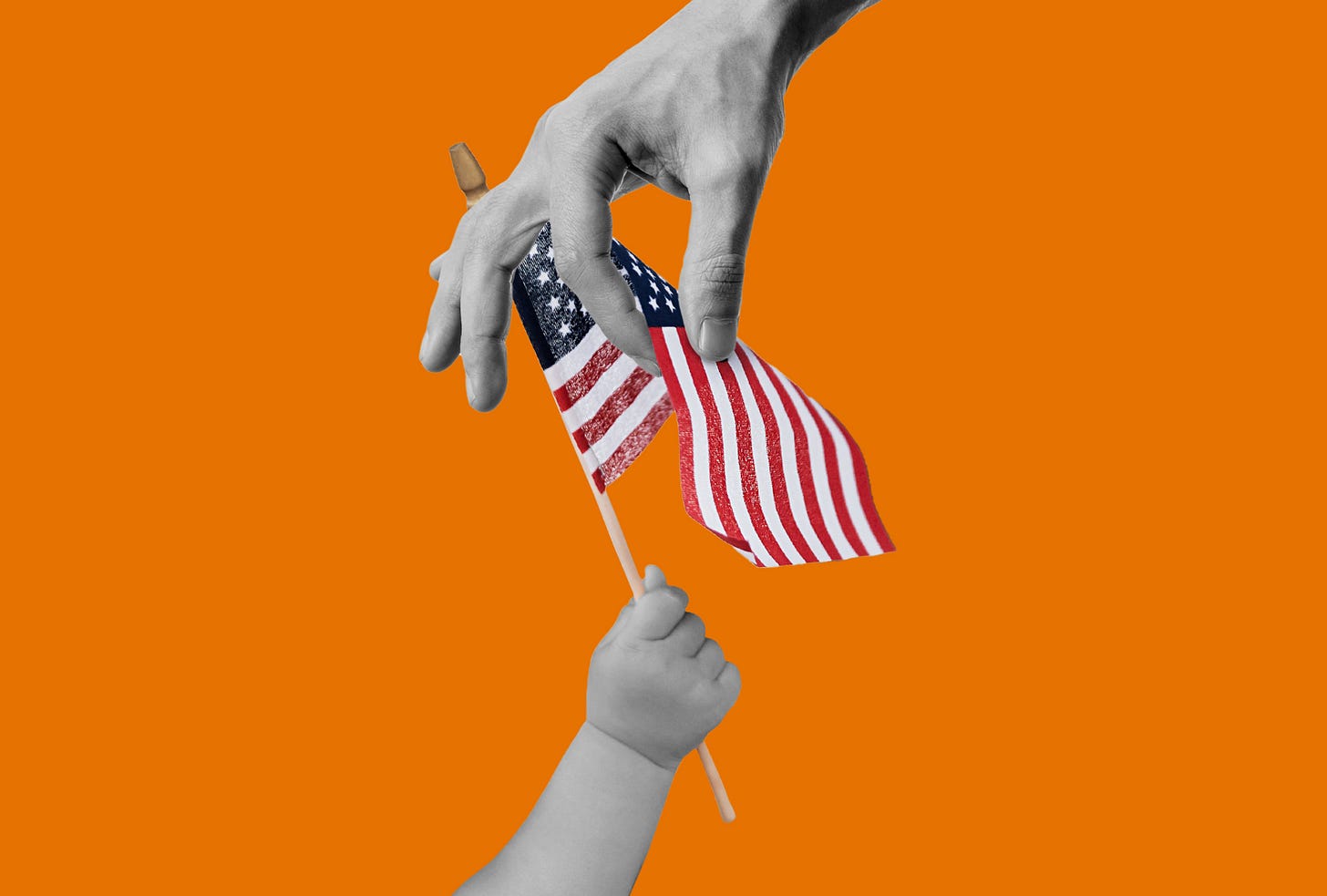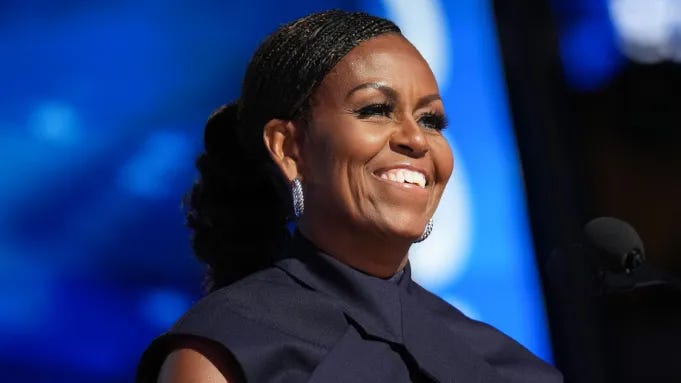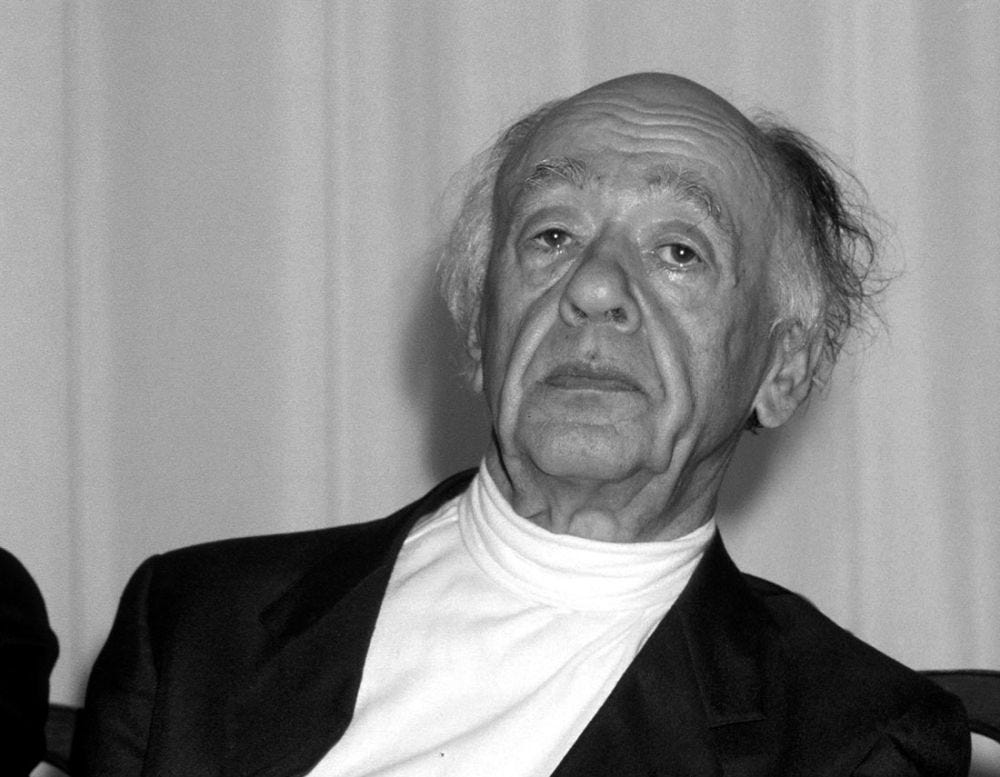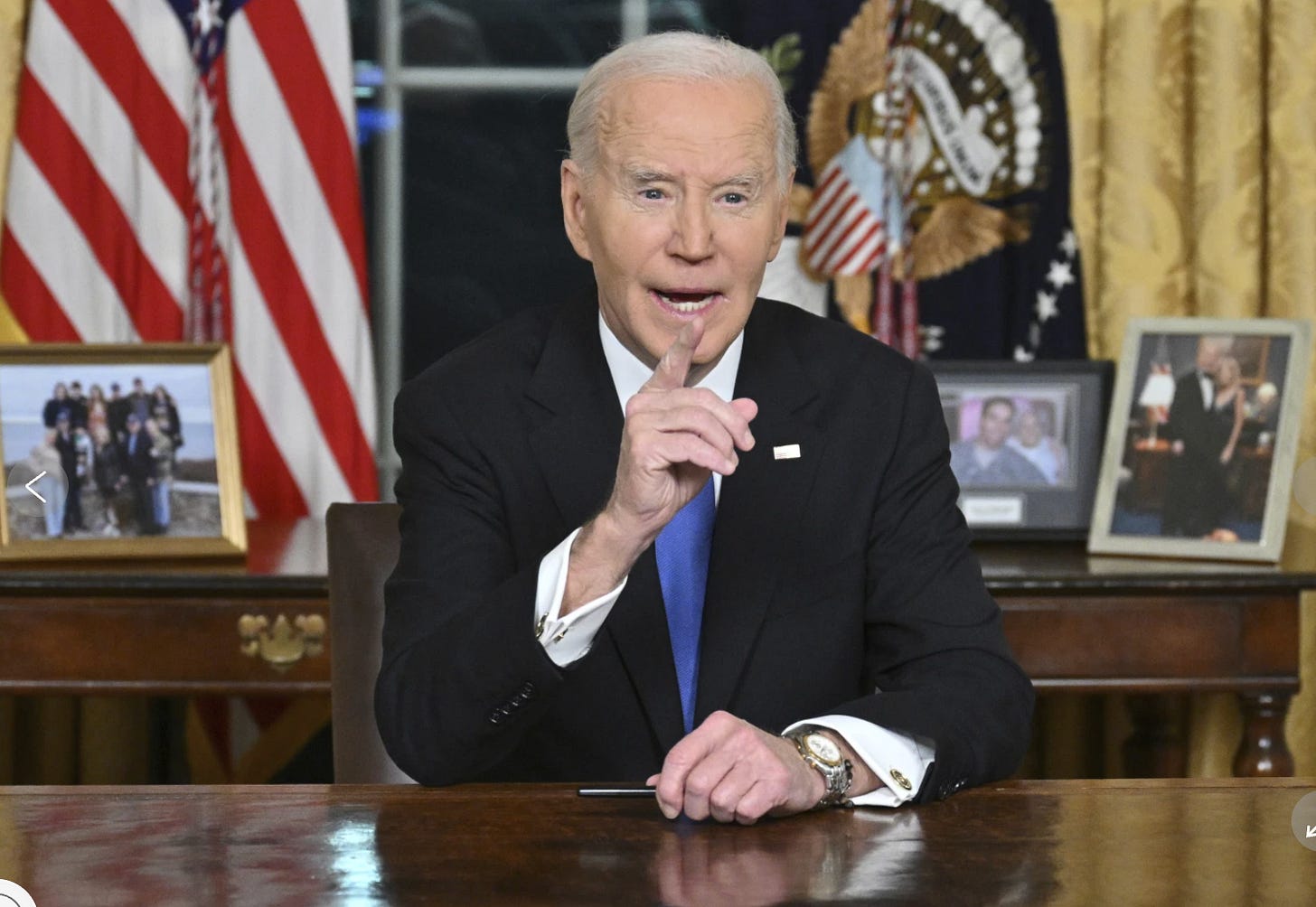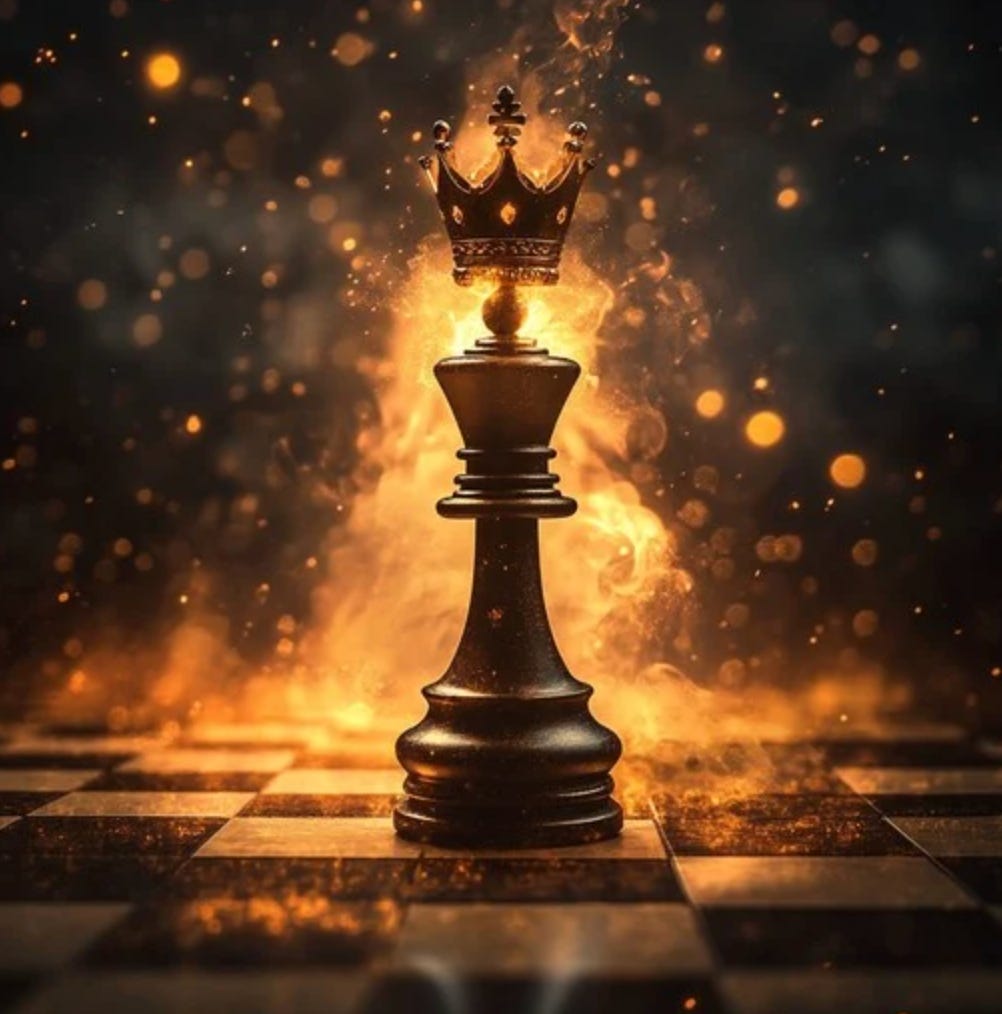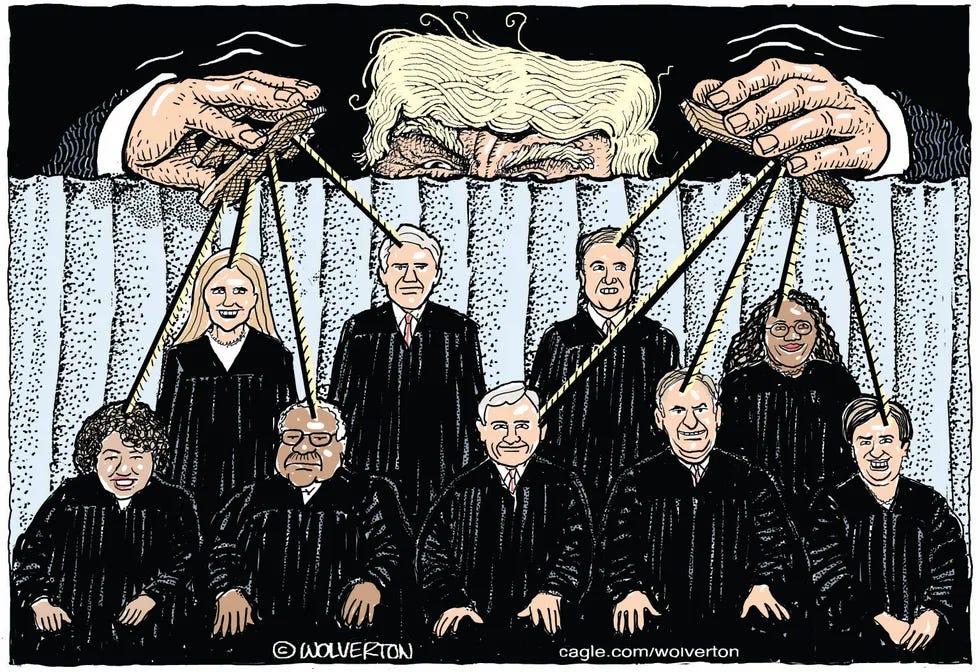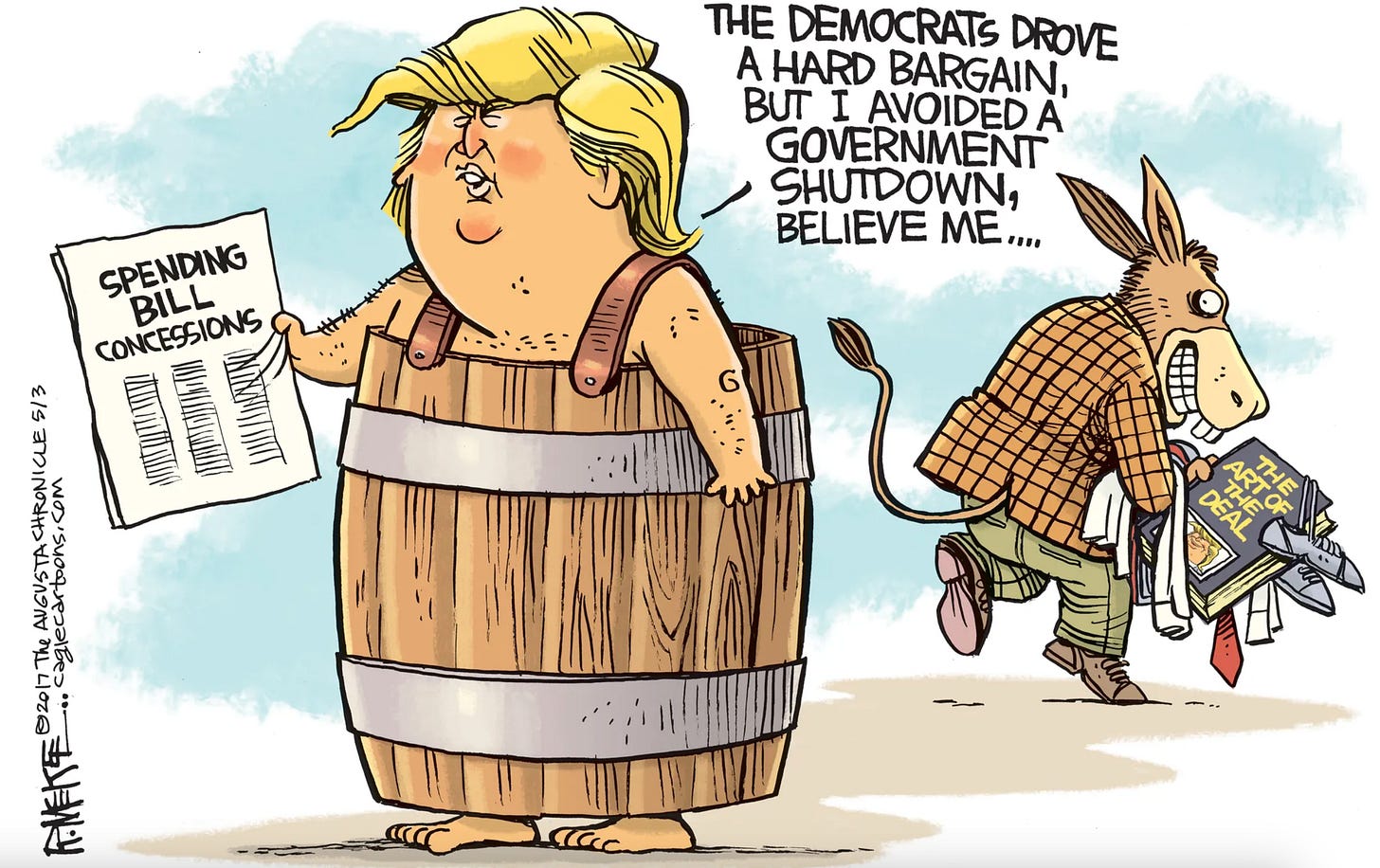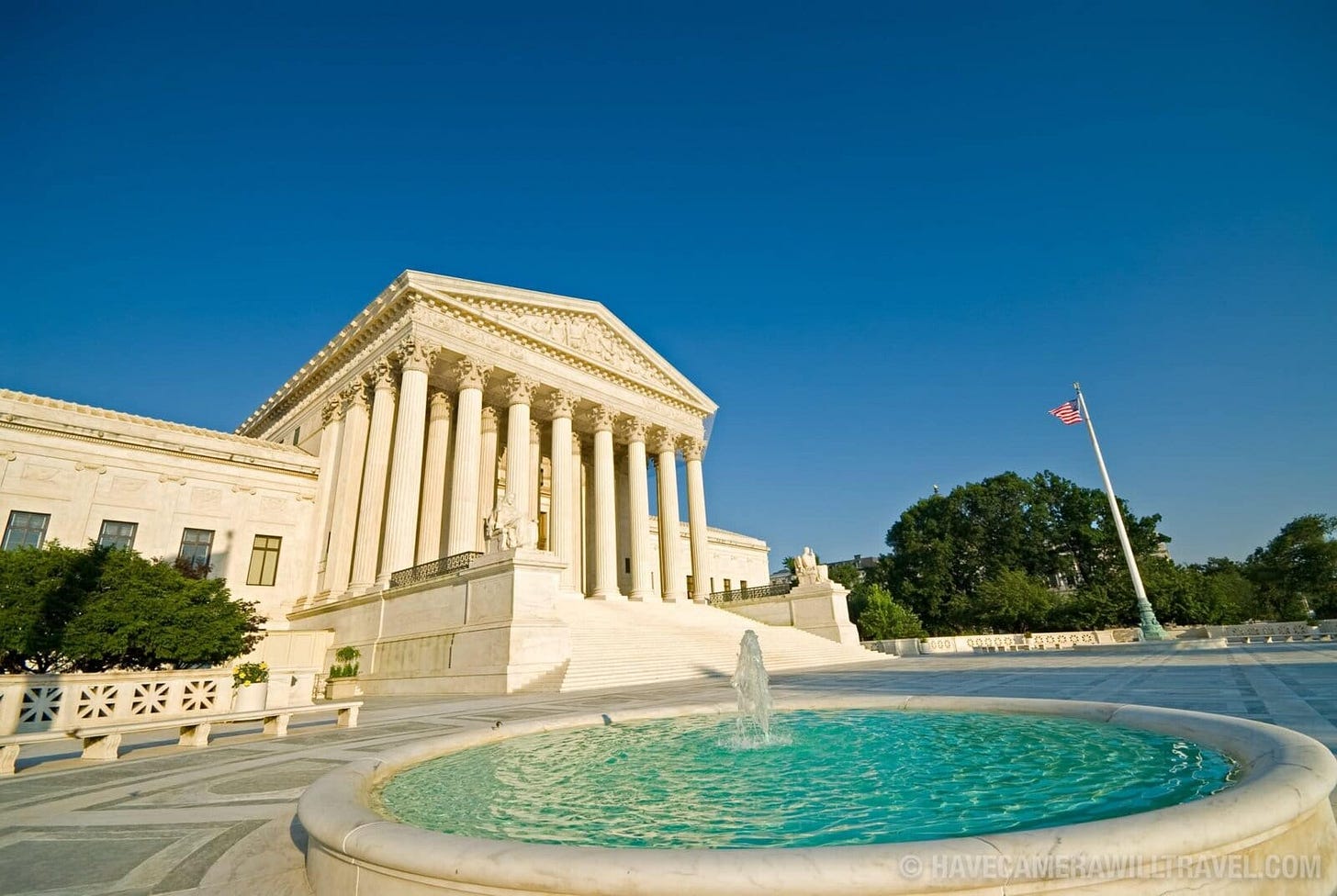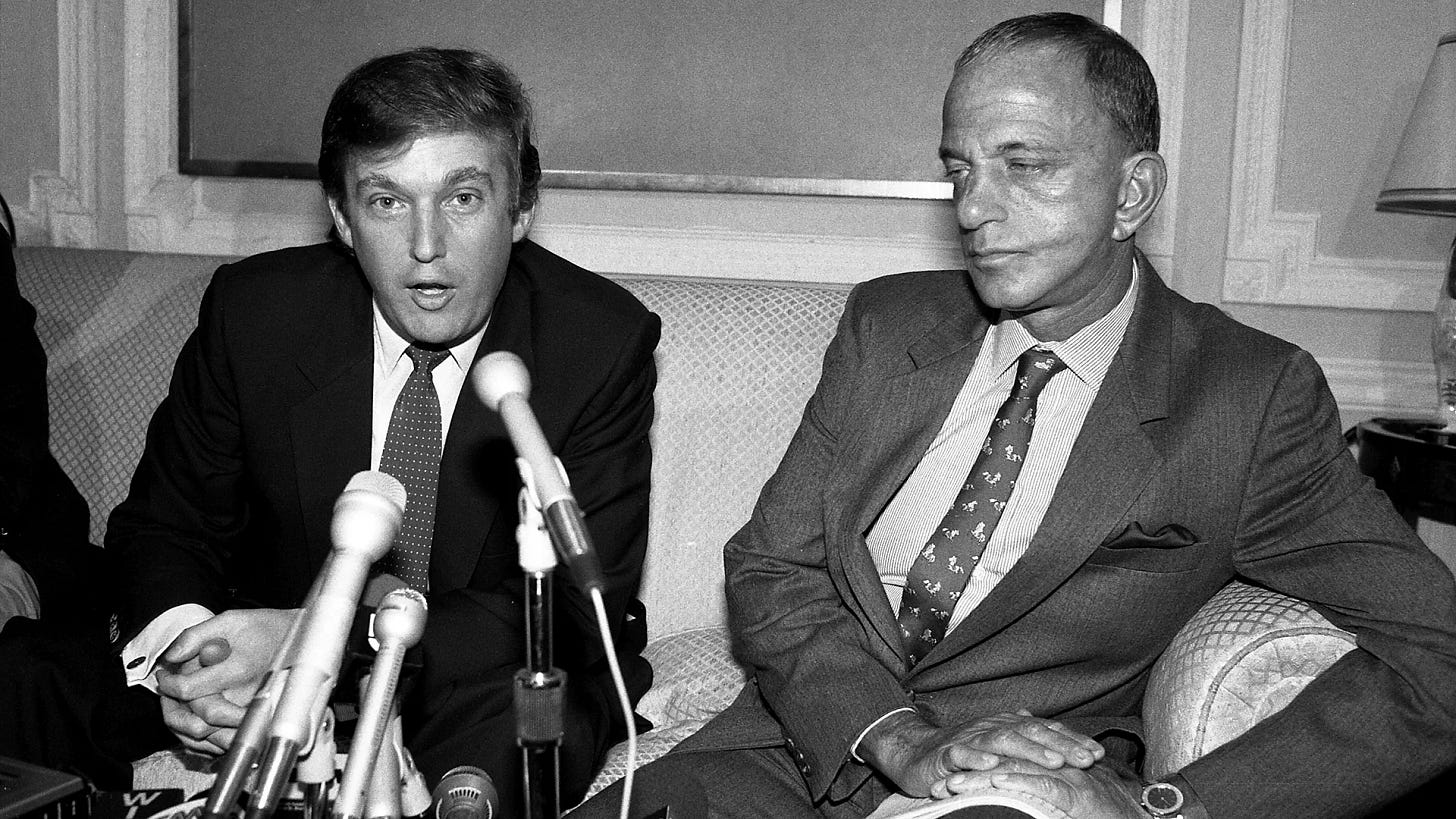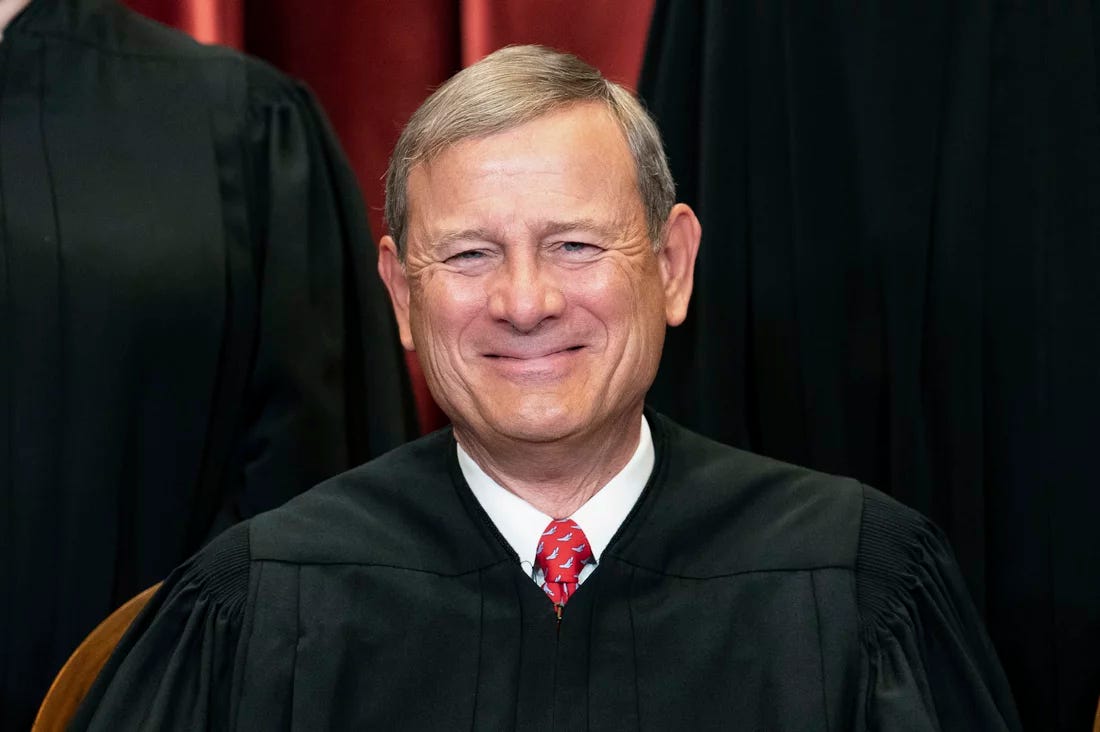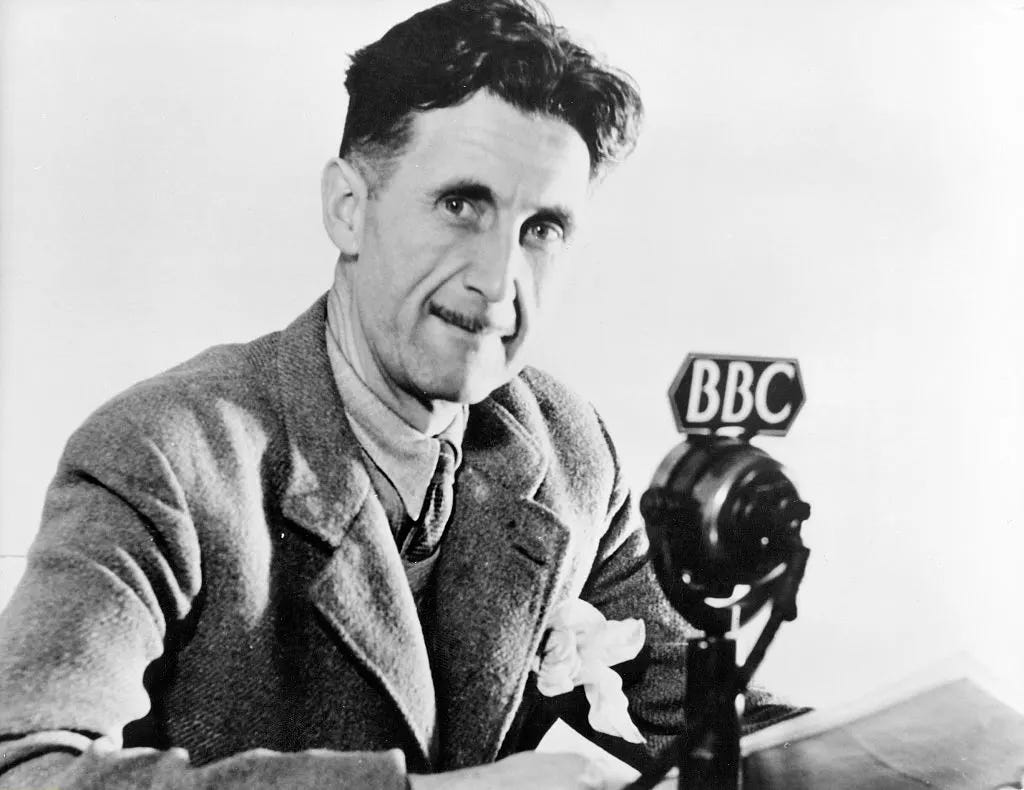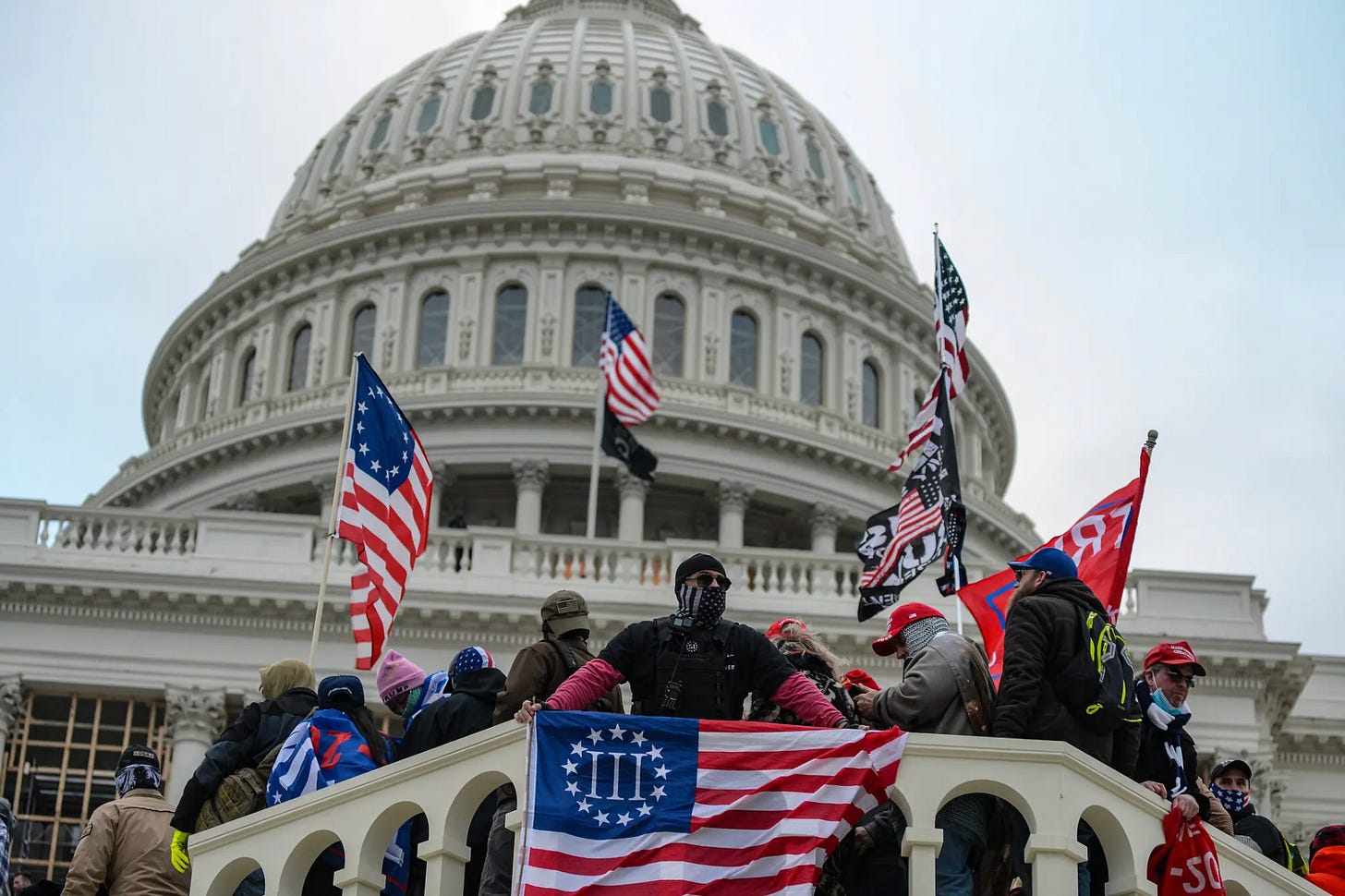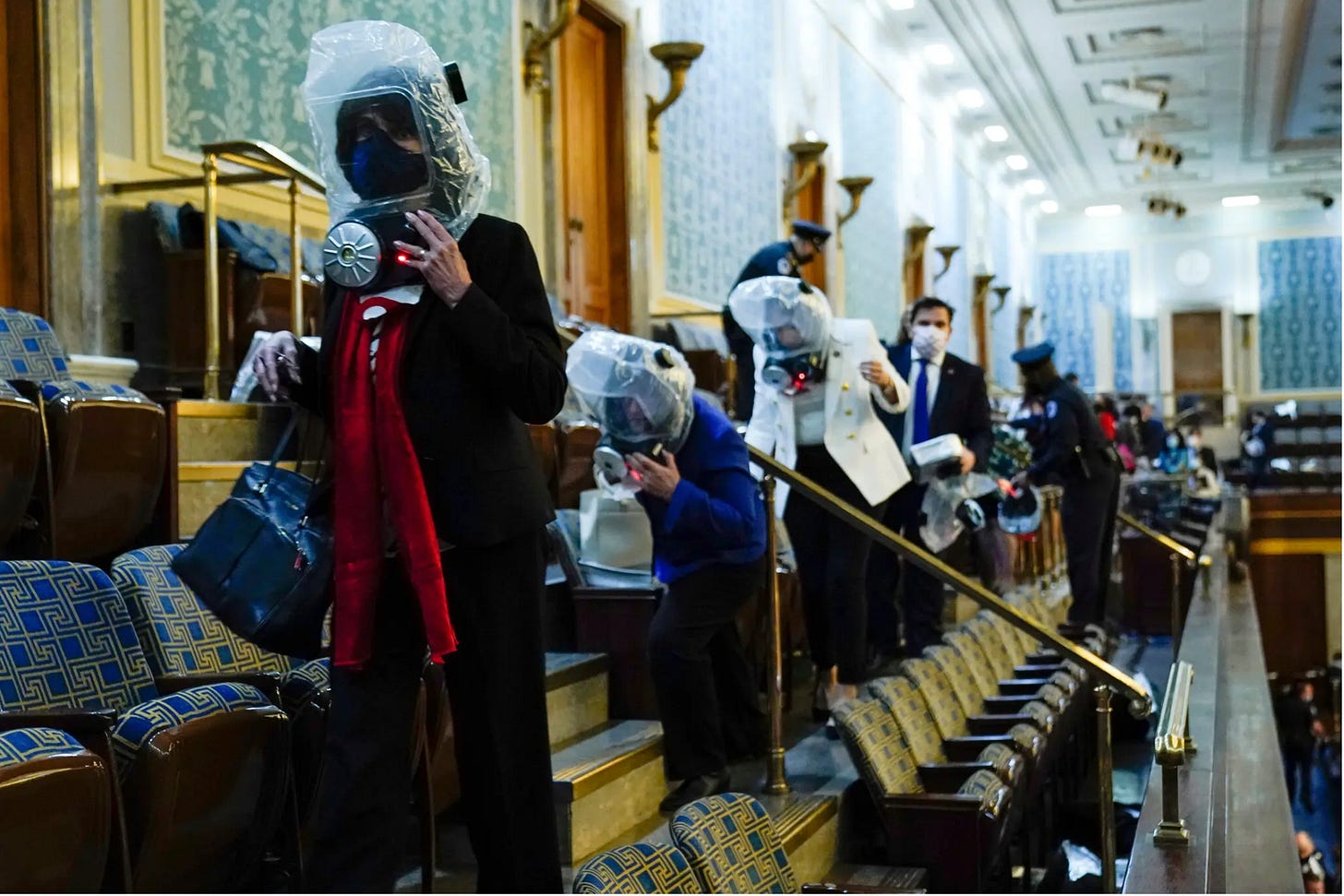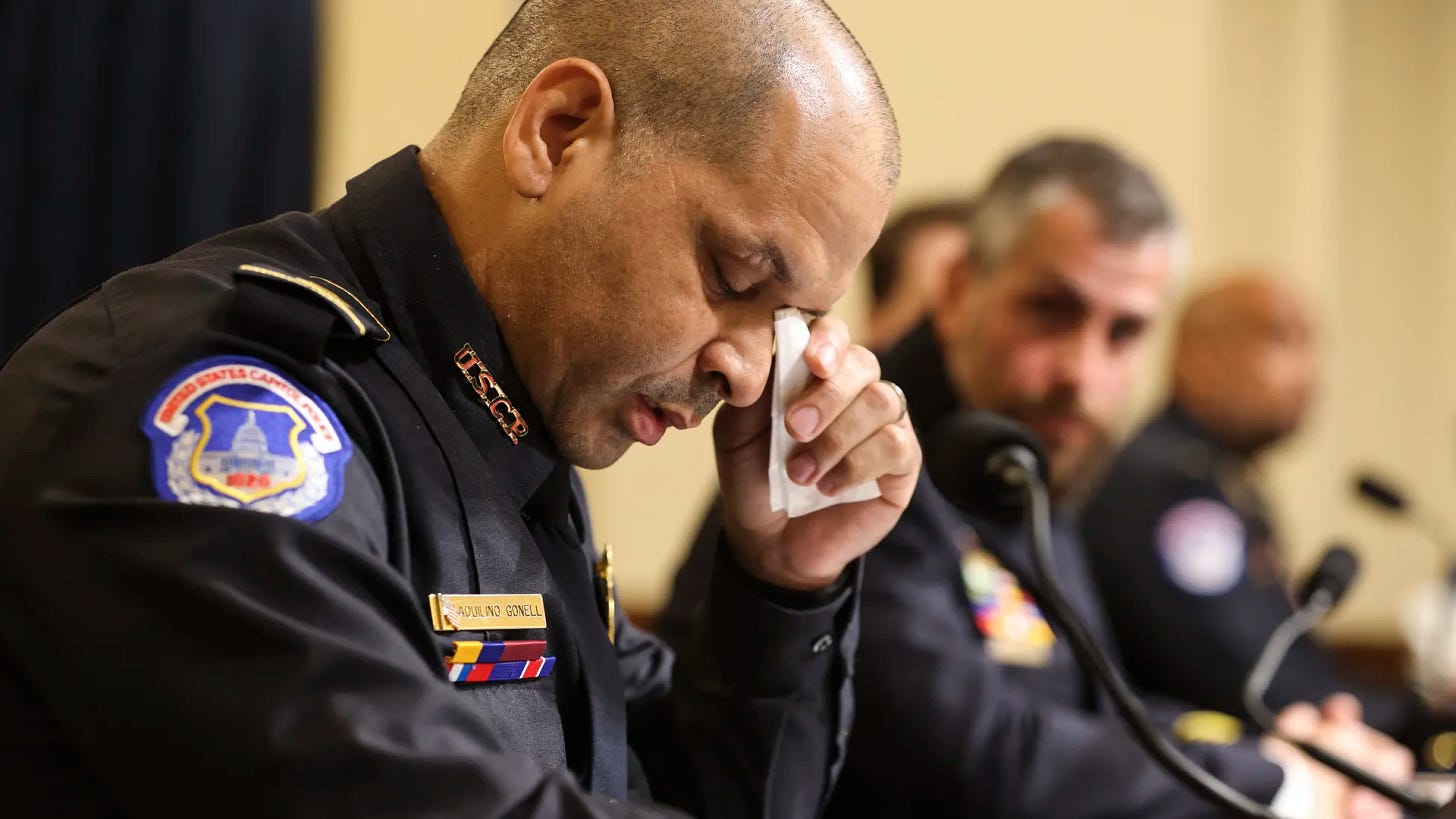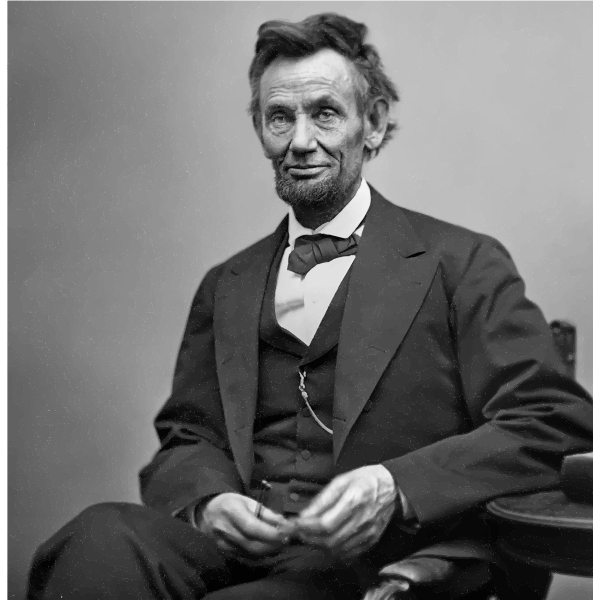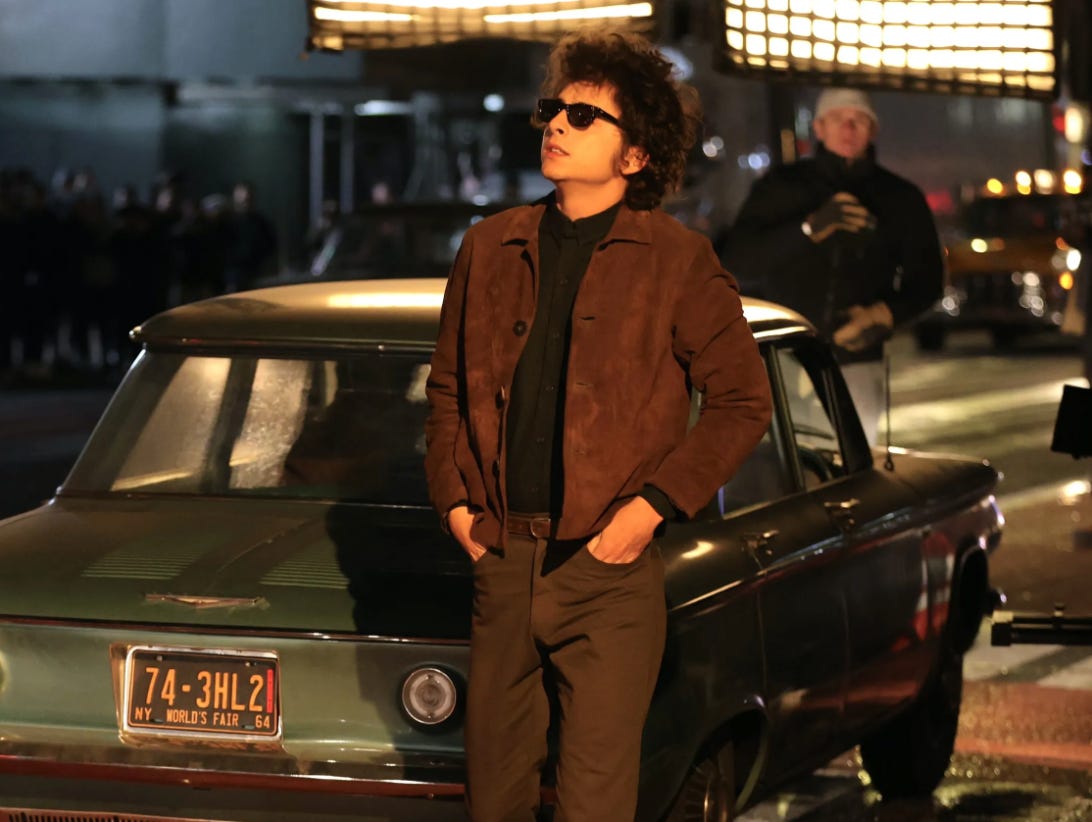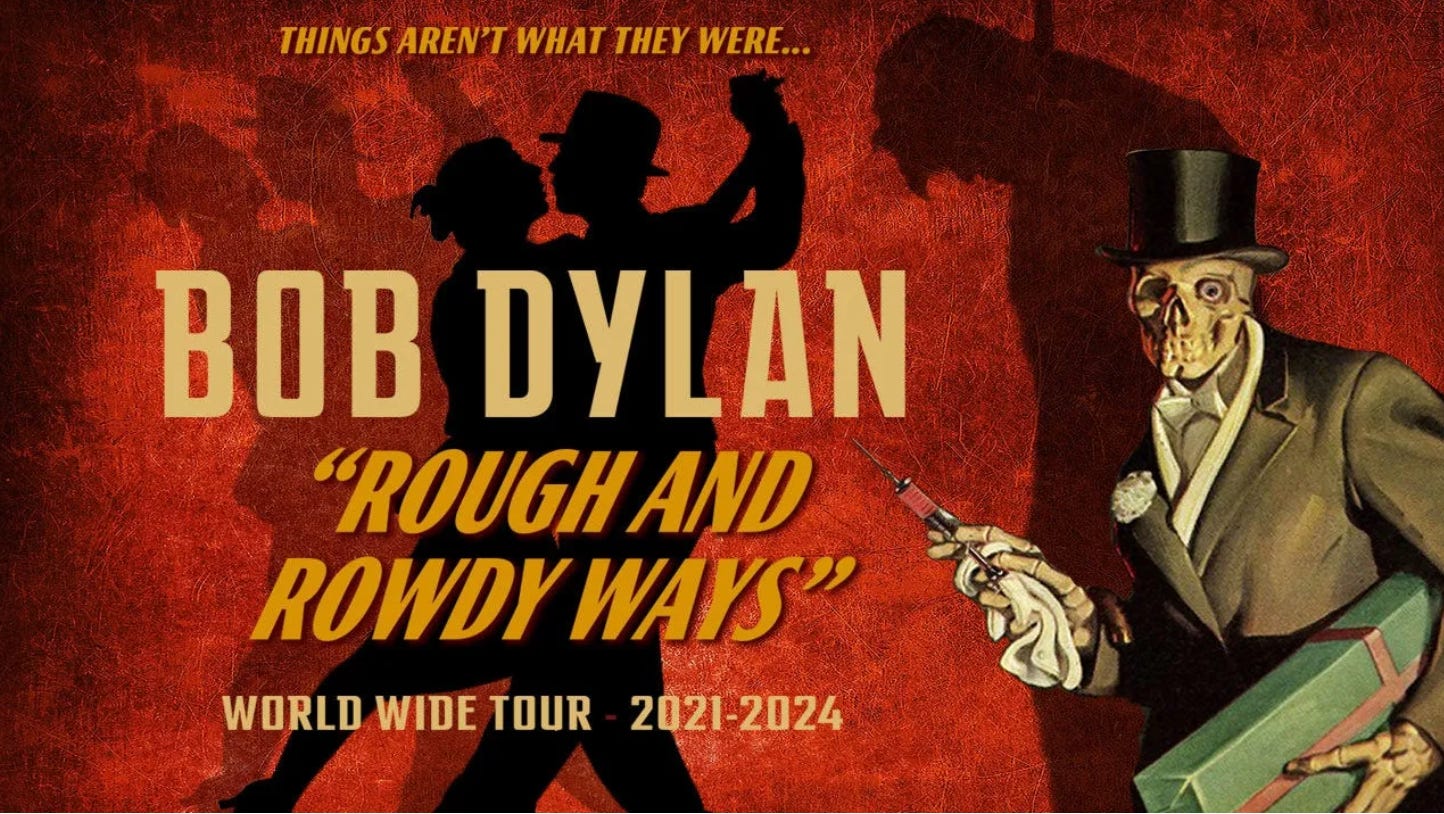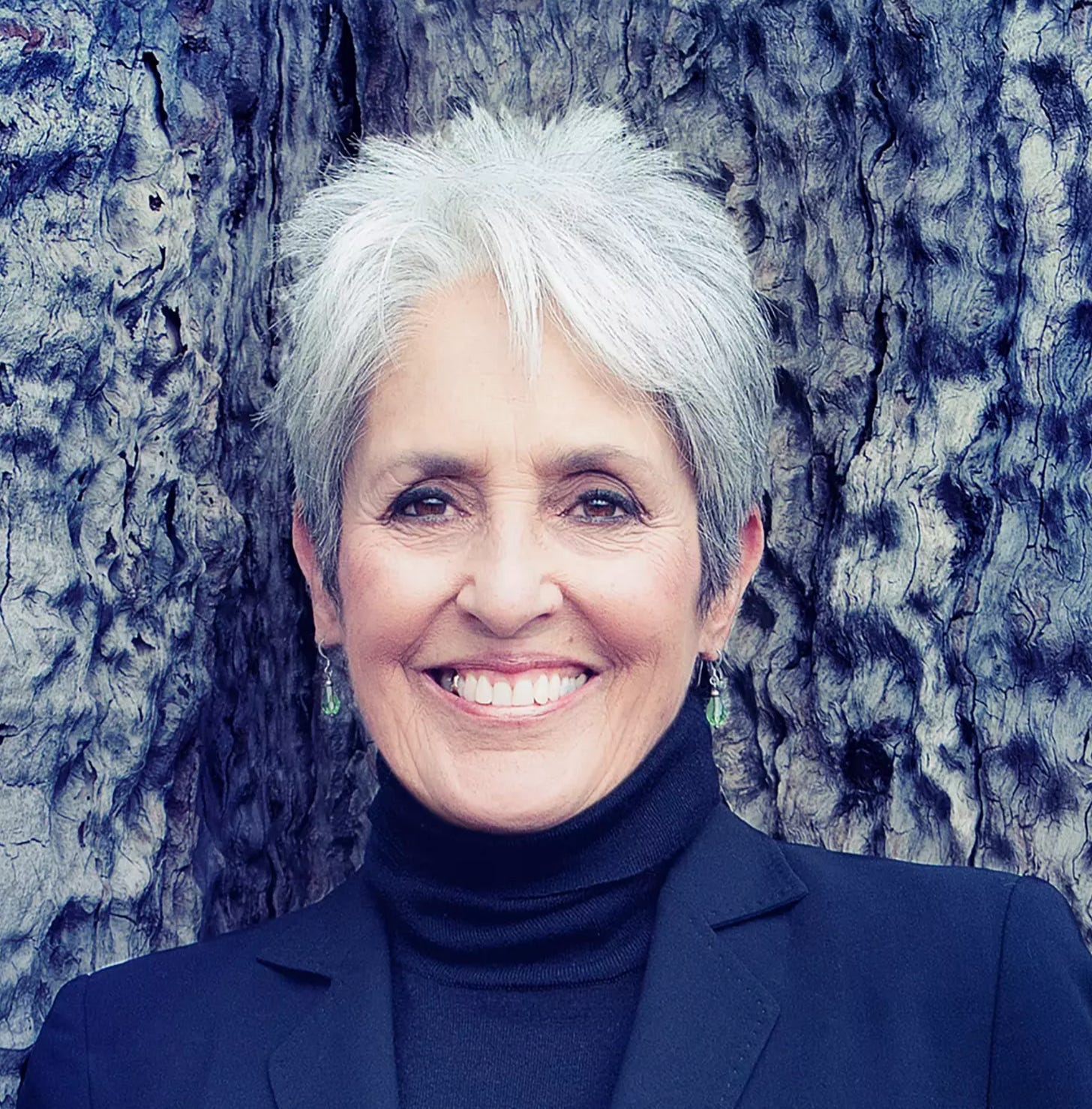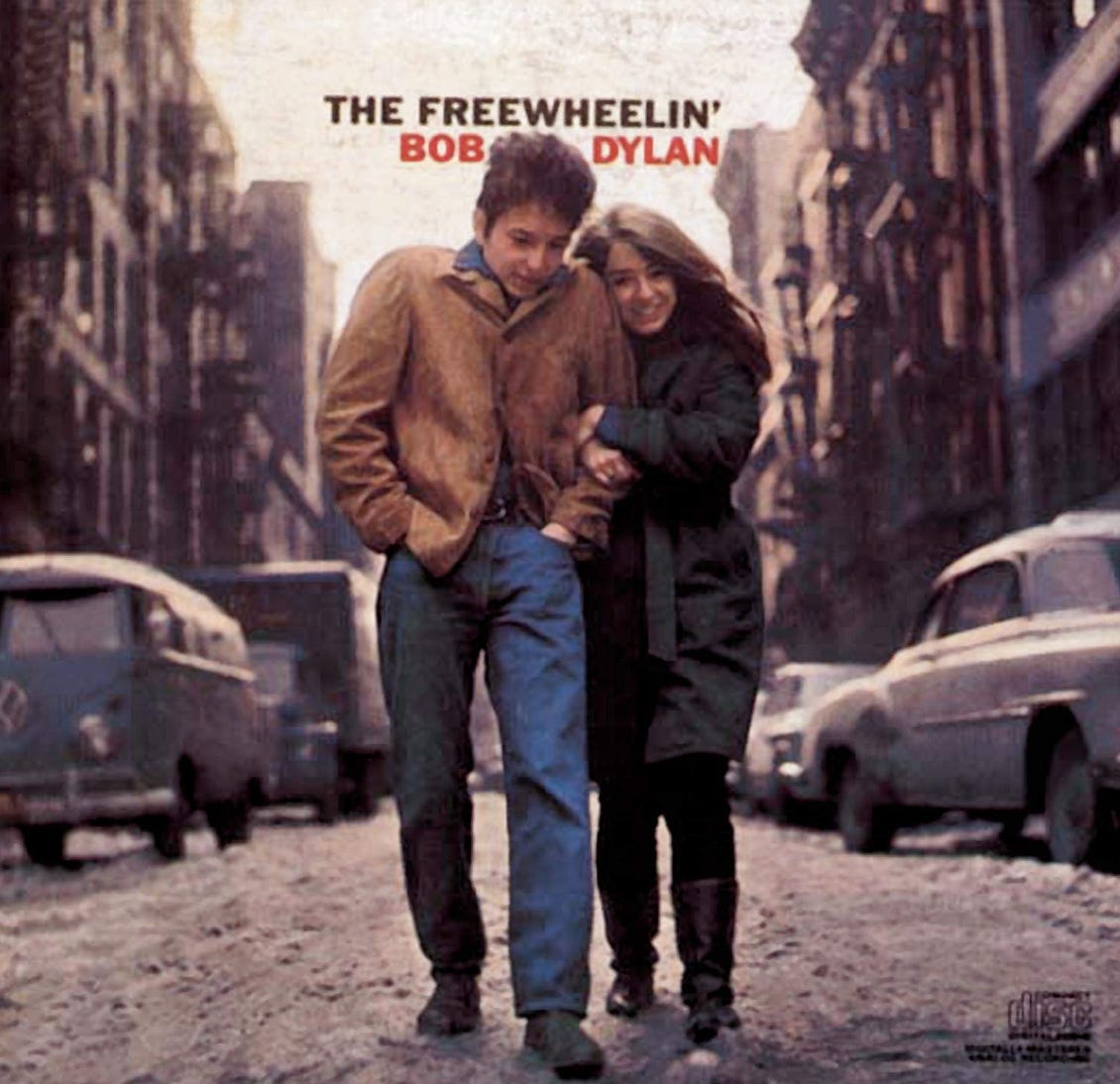Will the courts save us from Donald Trump’s worst predations?
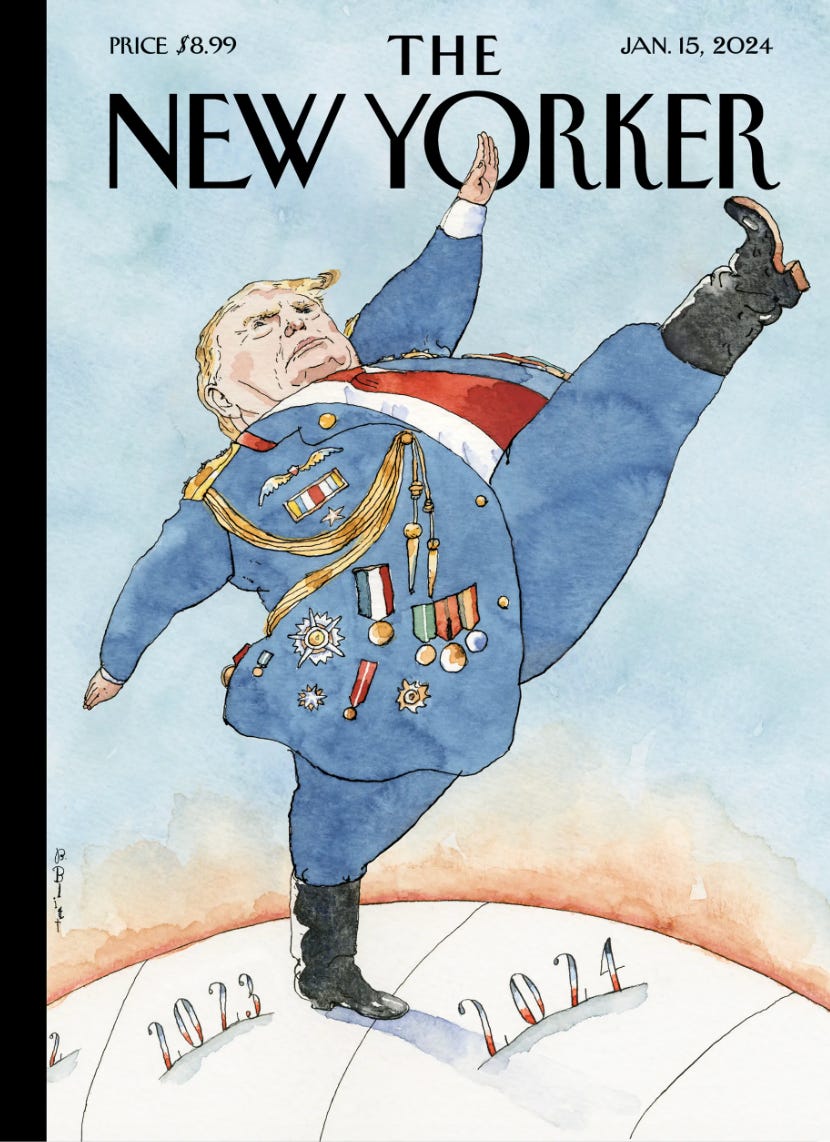
The official website of the Supreme Court speaks in lofty terms about that body’s role in the U.S. system.
“First, as the highest court in the land, it is the court of last resort for those looking for justice,” it says. “Second, due to its power of judicial review, it plays an essential role in ensuring that each branch of government recognizes the limits of its own power. Third, it protects civil rights and liberties by striking down laws that violate the Constitution. Finally, it sets appropriate limits on democratic government by ensuring that popular majorities cannot pass laws that harm and/or take undue advantage of unpopular minorities.”
Given the blizzard of executive orders by Donald J. Trump — at least some of which are likely to face tests before the high court — will that court “set appropriate limits” when the time comes? Will it rein in an executive who, like tyrants such as Benito Mussolini, seems to think he has no limits?
The question is reminiscent of a Wall Street Journal editorial that ran shortly before the presidential election. The piece, “The ‘Fascist’ Meme Returns,” argued against the widespread concern that Donald J. Trump would prove to be a “fascist” if he regained the Oval Office. Most Americans, it held, did not see him as a unique threat to democracy, noting that Trump 1.0 “was hemmed in by American checks and balances,” as Trump Redux would be.
“We have confidence that American institutions—the Supreme Court, the military, Congress—would resist any attempt to subvert the Constitution,” the editorial maintained.
But it seems more recently that the folks at the WSJ are having second thoughts. They are the sort of doubts that bring to mind the supine Congress and, by contrast, the actions of various federal courts, including the Supreme Court. The latter at least so far has proved to be something of a bulwark against the worst of Trump’s impulses with its decisions forcing him to face sentencing in his felony conviction case as well as a series of other judgments during and after his first term.
Recall that those WSJ editorial writers helped to get Trump elected – albeit with a slim majority of Americans still voting against him. And note the different tune that the paper’s journalists and some commentators now are singing. While they stop short of using the F word, they are coming close.
“Modern presidents have continually pushed to expand the contours of their power,” noted a piece headlined “Trump Kicks Aside Congress With Sweeping Claims of Presidential Power: With aggressive reading of Constitution, president aims to upend the balance of power in Washington.” The piece reported: “But Trump is proving to be unique, say legal experts, in both the breadth of authority he is asserting and his claims that even if Congress has put its preferences into law, he has the power to chart a different course.”
The story laid out Trump’s extraordinary measures so far. They included unilaterally suspending asylum laws for immigrants, casting them aside as ineffective in light of the “invasion” of border-crossers. Also, Trump fired inspectors general without giving Congress the required notice. He halted spending for a bevy of programs approved by Congress, including those under the landmark infrastructure and renewable-energy laws signed by former President Joe Biden.
Trump delayed enforcement of a law that banned TikTok, a law that had passed with overwhelming House and Senate majorities. In a jaw-dropping bit of self-glorification, he also let his lawyers argue in a December court filing that his status as “one of the most powerful, prolific and influential” social media personalities gave him unique abilities to evaluate the app.
Trevor Morrison, a law professor at New York University, told the WSJ that Trump’s willingness to ignore laws passed by Congress across a range of policy and personnel areas marked him as distinct from prior presidents, as the Journal so drily put it. “Trump is asserting a constitutional prerogative to ignore, disregard or even openly violate laws that are inconsistent with his policy,” Morrison said.
Consider still other overreaches among the president’s early efforts. Trump’s order to invalidate birthright citizenship—the constitutional provision that anyone born in the U.S. is a citizen — may be the most brazen. But we also have Trump’s offer, per Elon Musk’s cost-cutting plans, for two million federal employees to resign and receive eight months of pay. The move would involve an expenditure of money not authorized by Congress.
Moreover, Trump supporters argue that he can impound, or refuse to spend, money for programs he doesn’t like, as he has also sought to do.
“His unelected and unvetted friend Elon Musk swoops into government agencies to decide whether he deems their programs efficient or not, and shuts down one agency entirely,” the WSJ reported in a piece headlined “Will the Other Two Branches Dare to Push Back Against Trump?: The president’s blizzard of executive orders is a bold challenge to the powers of Congress and the courts. The Constitution expects them to check and balance.”
Trump is also trying to spread his arms overseas. He aims to coerce Denmark into ceding Greenland to the United States, press Panama into giving the U.S. its canal, despite a treaty that said otherwise, and breathtakingly (but laughably), suggests the U.S. take over Gaza, oust two million people from there and turn it into the “Riviera of the Middle East.”

At his regained home in Washington, he is even moving into cultural realms with his plans to fire the Kennedy Center board and name himself its chairman. “At my direction, we are going to make the Kennedy Center in Washington D.C., GREAT AGAIN,” Trump said on his social media site. “I have decided to immediately terminate multiple individuals from the Board of Trustees, including the Chairman, who do not share our Vision for a Golden Age in Arts and Culture. We will soon announce a new Board, with an amazing Chairman, DONALD J. TRUMP!”
A “golden age?” Perhaps we’ll see wrestling competitions in the venue.
Are Trump’s techniques, fantasies and self-adoring efforts akin to those of a Mussolini, the creator of fascism? Do we hear echoes of what Britannica reported about Il Duce: “His attitudes were highly theatrical, his opinions were contradictory, his facts were often wrong, and his attacks were frequently malicious and misdirected; but his words were so dramatic, his metaphors so apt and striking, his vigorous, repetitive gestures so extraordinarily effective, that he rarely failed to impose his mood”?
Beyond that, what of those checks and balances the WSJ editorialists referred to in October? More recently, a writer for the paper mused: “At what point will Congress stand up for itself? And when and where will the nation’s courts draw the line on the aggressive use of presidential power?”
While Congress and the Senate have been acquiescent – and the Senate is likely as soon as this week to bless more unqualified Cabinet members – some courts, thankfully, are bringing a bit of sanity to bear.
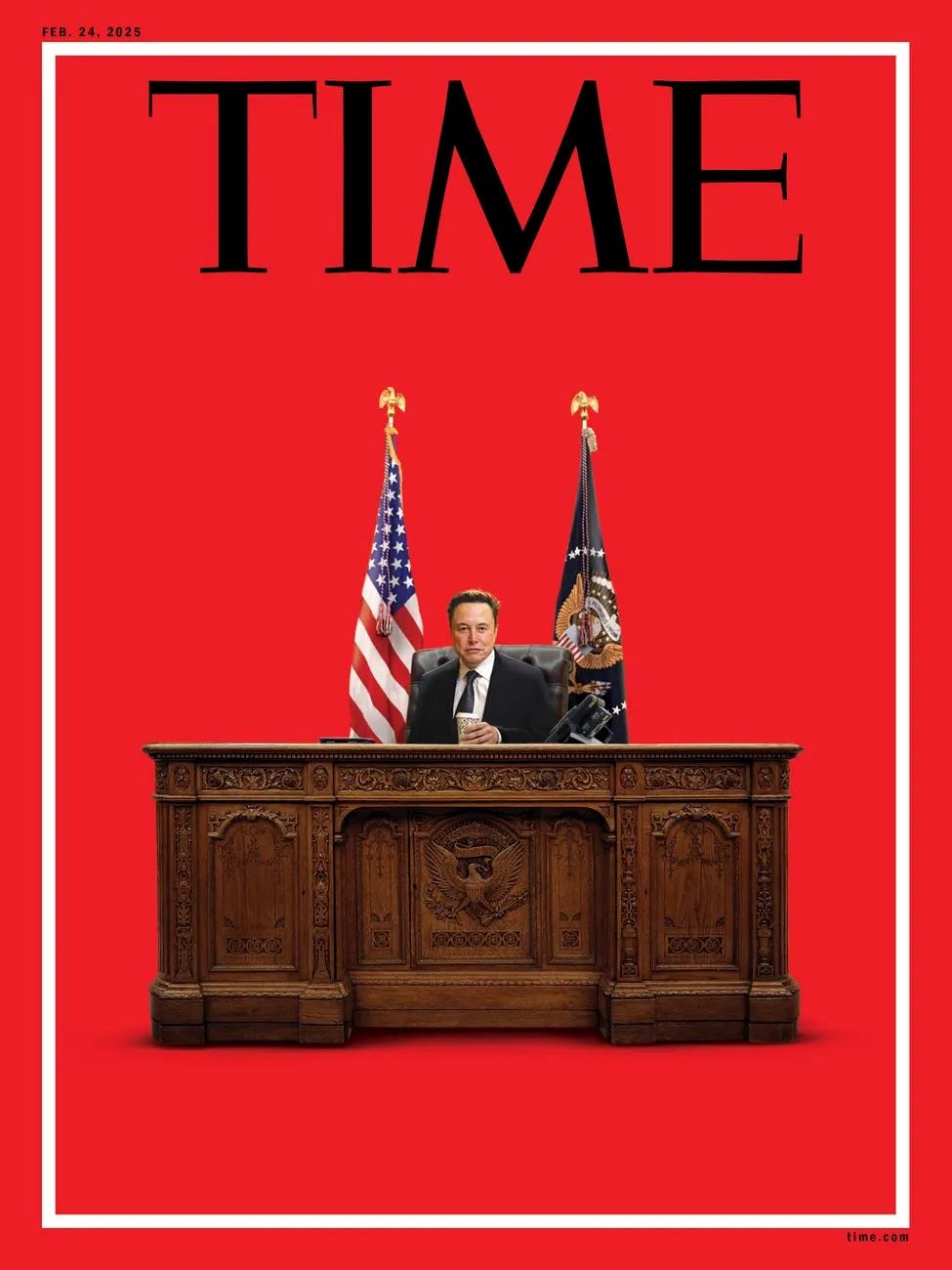
A federal judge paused a Trump deadline for federal workers to accept buyouts, while other judges have at least temporarily blocked his birthright-citizenship order and one imposing a broad freeze on federal spending. Still another judge has, for now, stopped Musk’s Department of Government Efficiency from accessing Treasury Department records that contain personal data such as Social Security and bank account numbers for millions of Americans. One more has halted for now Trump’s USAID shutdown. And yet another stopped Trump’s order moving transgender women to men’s prisons and ending their gender-affirming care.
The list of legal challenges Trump and his minions are facing is extraordinary, topping 40 at this point and likely to grow. It will take weeks, if not months, for cases those judges are handling to be resolved. Ultimately, the highest court will surely have to weigh in on the most important ones.
There’s little doubt that this was expected by Trump’s forces, especially those involved with the Project 2025 effort that candidate Trump disavowed but the president has embraced. The tsunami of executive orders — part of a “shock and awe” campaign that Trump minions developed — were certain to draw opposition. But, as the actions lumber through the courts, the ranks of federal workers may decline, the recipients of vital federal services will go unserved and Trump-style chaos will reign.
Still, with our elected leaders failing us, the courts may prove to be the last refuge of justice over time. Perhaps they will short-circuit Trump’s great usurpation. They may prevent what one of the more right-wing WSJ writers suggested in a piece headlined “Trump’s Imperial Presidency?: We may be heading to the outer limits of America’s system of checks and balances.”
Bemoaning Trump’s power grabs, that WSJ writer argued that “Congress is supposed to represent the country’s varied interests, down to 435 separate congressional districts. And they are different. Mr. Trump is displacing that federalism of interests with the simpler idea of a uniform national interest, defined and executed by the president.”
He concluded that Trump’s “instinct, evident this first week, is to be unbound by much of anything. Conservatives, not least his own people, will need to hold the 47th president to account.”
Would it not have been better, however, if the folks at the WSJ last fall had sought to prevent the tests of the checks and balances they fervently suggested would save us? Would we be better off if more Americans had seen the threat that the paper pooh-poohed? Would we have been better served if Trump had been more roundly condemned before Nov. 6?
For now, at least, the courts — with all their delays and flaws — remain the last stumbling blocks in the would-be-tyrant’s way. How reliable will they be? In the end, too, can we count on the highest court to recognize the danger Trump poses and serve democracy better than our servile legislators have? The verdict has yet to come on that.


